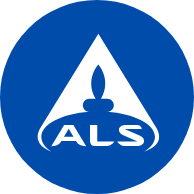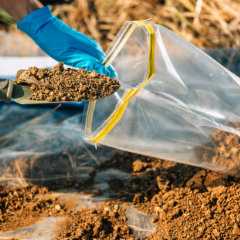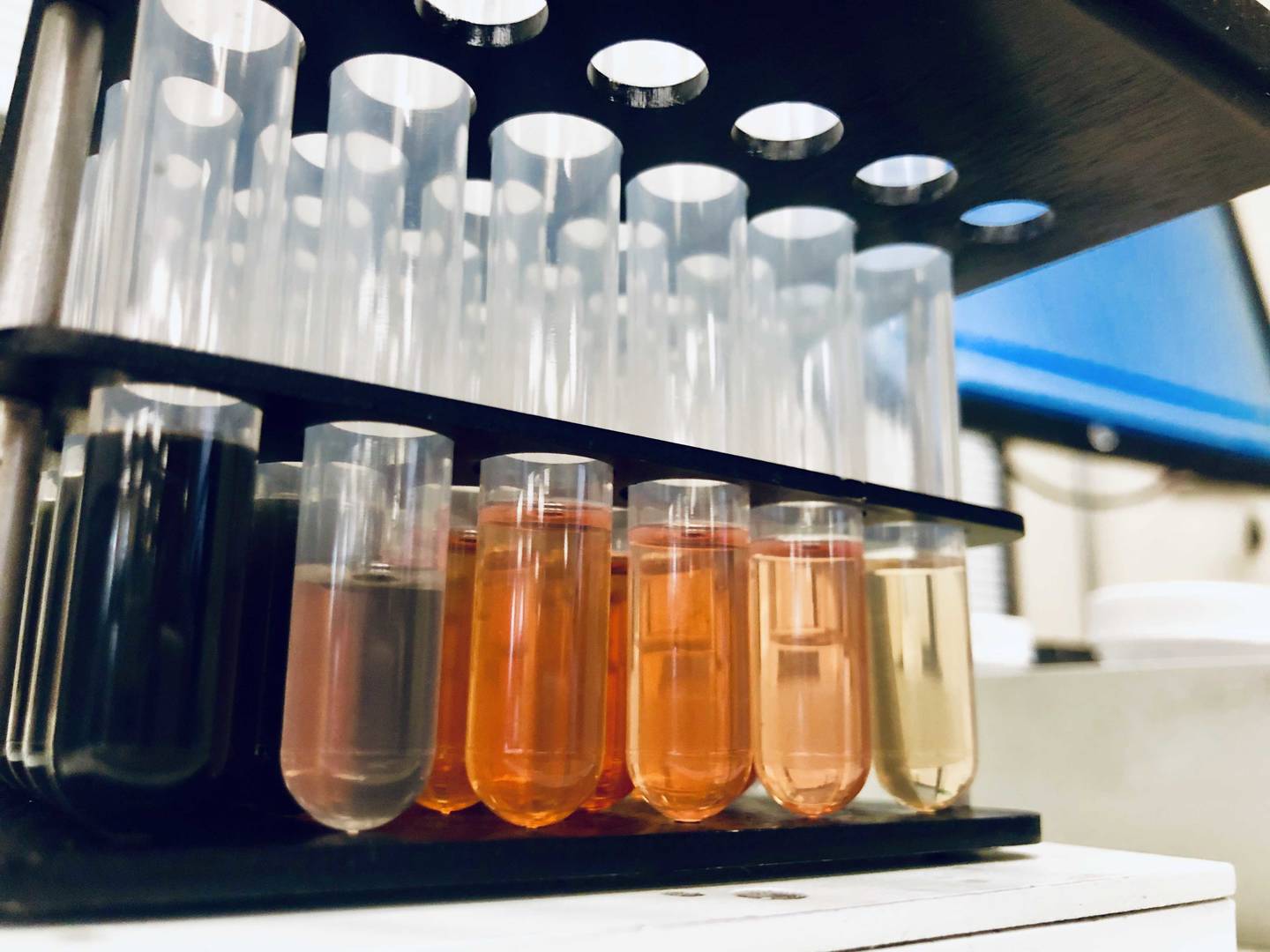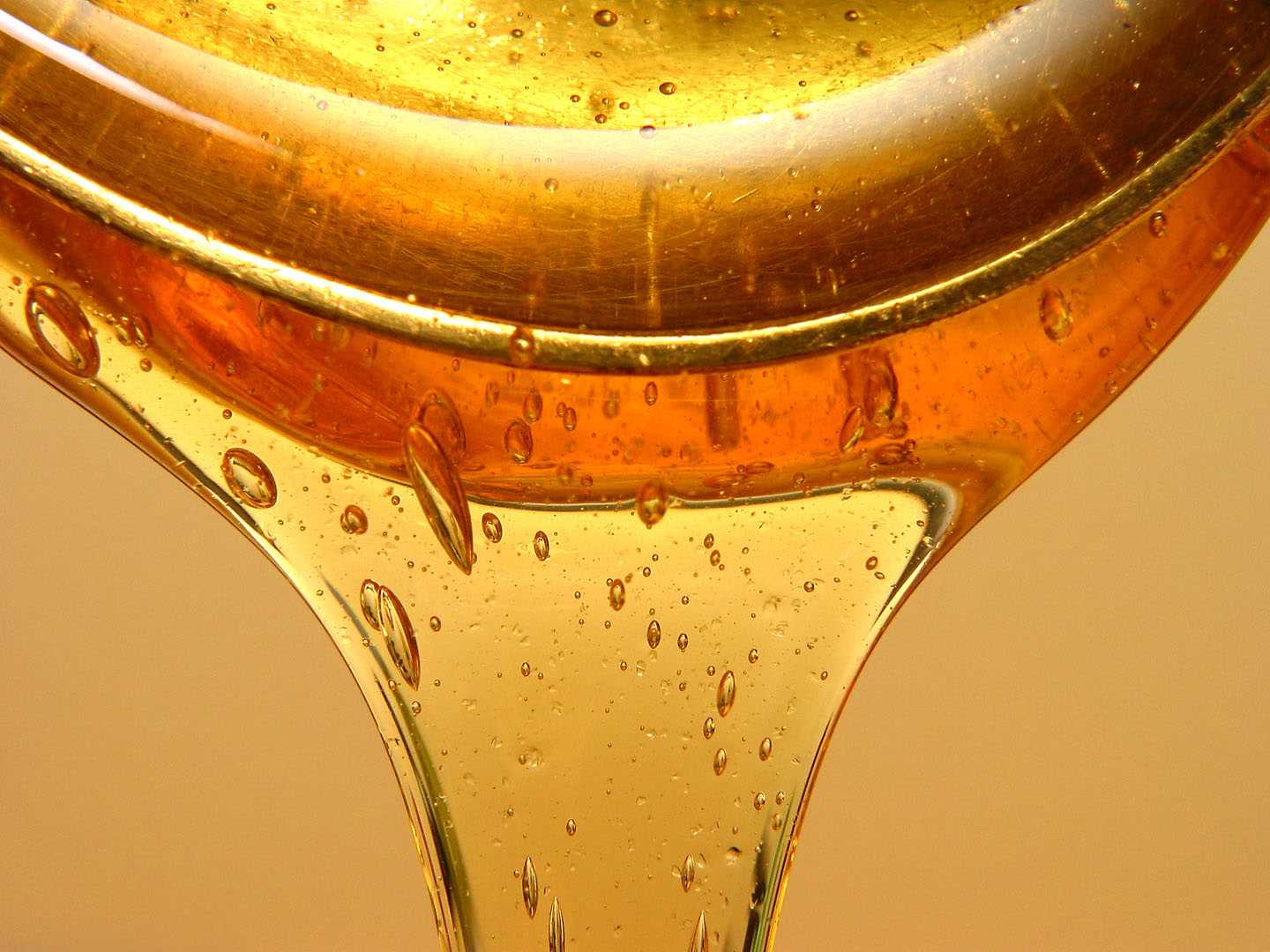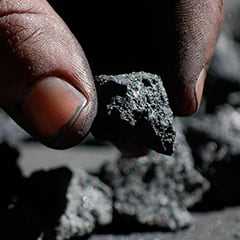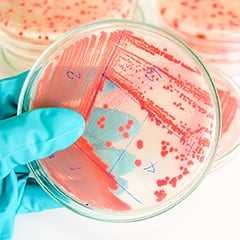EnviroMail 28 USA
ALS is expanding PFAS capabilities to include cosmetics testing
Relying on 20+ years of experience, ALS laboratories have developed testing specifically for the cosmetics industry, designed to overcome the unique testing challenges cosmetics present. Due to their variety of substances, from solids and semi-solids to emulsions, propellants, serums, and liquids, standard PFAS testing methodologies are not designed to meet such irregular matrices.

Combined Expertise in PFAS and Cosmetics Testing
With our work being at the forefront of PFAS testing of beauty and personal care products, ALS has a legacy of knowledge and expertise that offers our clients confidence in our ability to provide quick turnaround times and highly accurate results for both cosmetics and cosmetics packaging.
The Rise of PFAS Regulations in Cosmetics
In March of 2024, as part of its proposed public health funding budget for FY2025, the US FDA requested $8M to support the implementation of the Modernization of Cosmetics Regulation Act (MoCRA). Not only will the funds be used to develop and manage the regulation of MoCRA provisions, but the FDA specifically announced its plan “to hire additional subject matter experts … [to assess] the use of perfluoroalkyl and polyfluoroalkyl substances (PFAS) in cosmetic products.” With new, enforceable PFAS regulations on the horizon, the cosmetics industry will need reliable partners, like ALS, to help navigate cosmetics compliance challenges.
The Challenge of PFAS in Cosmetics
The FDA’s plan to assess the presence of PFAS in cosmetics products under MoCRA presents cosmetics manufacturers with an important challenge. PFAS, commonly known as “forever chemicals” because they do not break down in the environment, are used in the manufacture of a wide variety of consumer goods, including cosmetics such as lipsticks, eyeshadows, moisturizers, rouges, nail polish and enamel, blushers, and cleansers. PFAS are added to cosmetics to condition and smooth skin and hair or affect product consistency and texture. Even for cosmetic products without added PFAS ingredients, PFAS may be present unintentionally as the result of raw material impurities and contamination during manufacturing and packaging.
The Public Health Concerns of PFAS
PFAS accumulate in the food chain and several studies have shown that PFAS also accumulates in the human body. According to the US Centers for Disease Control and Prevention (CDC), more than 97% of the US population has PFAS in their bodies. This prevalence of PFAS has led to ongoing investigation of their potential negative health impacts and given rise to public concern about PFAS contamination. While health effects are still being studied, some states have already banned the use of some PFAS, and more regulations are coming.
Environmental Considerations in Cosmetics Testing
Because expert testing and reliable data are critical to developing the right strategies to meet your regulatory obligations, you need a partner that has the experience, knowledge and scale to help you navigate the coming challenges. At ALS, we are not only experts in providing professional beauty and personal care testing – from product efficacy to safety to the full scope of routine and specialty analysis for over-the-counter drugs (OTC), personal care product brands, and manufacturers – but as pioneers of PFAS testing in the US, we have over two decades of experience in providing PFAS sample testing and analysis services.
Environmental Considerations in Cosmetics Testing
The testing of cosmetics also relates to the environmental industry in the sense that any cosmetics or personal care products applied, can potentially cause cross-contamination during sampling. A certified PFAS free alternative will give samplers piece of mind when applying e.g., sun screen lotion.
Stay ahead of the competition by partnering with ALS to help enable your compliance and all cosmetic industry regulations.
